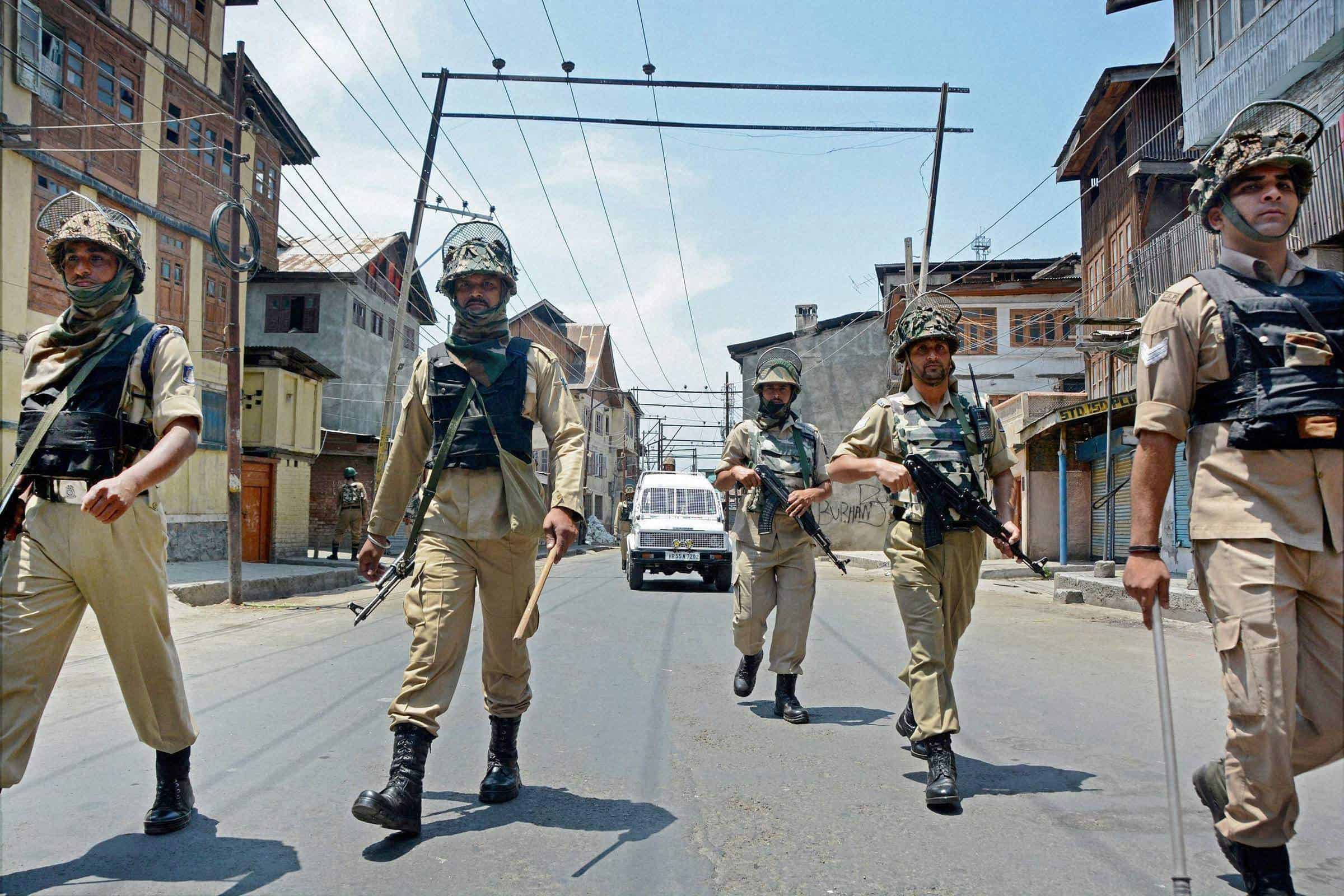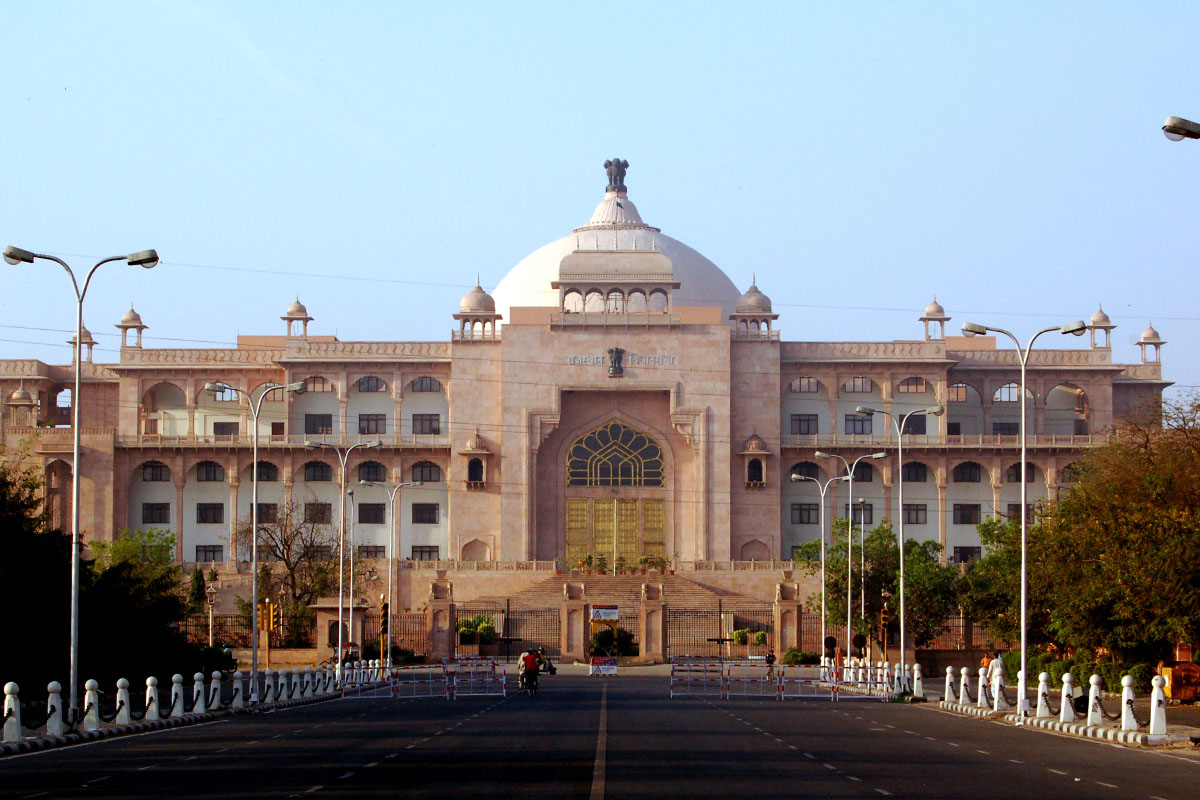Seeking ‘discharge’ against framing of charges in a criminal case is a valuable right provided to the accused under the law, the Supreme Court has said while asking courts to consider the case on merits.
A three-judge bench headed by Chief Justice N V Ramana said it is well settled that the trial court while considering the discharge application is not to act as a mere post office.
“The Court has to sift through the evidence in order to find out whether there are sufficient grounds to try the suspect. The court has to consider the broad probabilities, total effect of evidence and documents produced and the basic infirmities appearing in the case.
“Likewise, the Court has sufficient discretion to order further investigation in appropriate cases, if need be,” said the bench, also comprising Justices Surya Kant and Aniruddha Bose.
The apex court was hearing an appeal filed by Uttar Pradesh resident Sanjay Kumar Rai challenging the decision of the Allahabad High Court in a criminal revision petition against the order of Chief Judicial Magistrate, Sant Kabir Nagar, refusing to discharge him under Sections 504 (hurling abuses) and 506 (criminal intimidation) of Indian Penal Code.
A complaint was lodged with the jurisdictional police by Kuldeep Mishra, who claimed to be a newspaper correspondent working for ‘The Pioneer’.
It was alleged that he had conducted a journalistic investigation for malpractices against one gas agency, namely ‘Kalpana Indane Service’.
He had also applied for certain information under the Right to Information Act 2005, so as to conduct investigation on alleged black marketing of gas cylinders by the aforesaid agency.
Rai is a partner in the aforesaid gas agency.
As per the police report, Rai started calling Mishra names and threatened to kill him. Later a charge sheet was filed against Rai under Sections 504 and 506 IPC based on the statement of complainant and the affidavits of two witnesses.
The top court in its judgement said that the High Court has committed jurisdictional error by not entertaining the revision petition on merits and overlooking the fact that ‘discharge’ is a valuable right provided to the accused.
It said the High Court did not examine the issue in detail to find out whether the continuation of proceedings will amount to abuse of process of law in this case.
“In line with the fact that the High Court and the court below have not examined the fairness of criminal investigation in this case and other related aspects concerning improvement of witness statements, it is necessary for the High Court to reconsider the entire matter and decide the revision petition afresh.
“Accordingly, we set aside the impugned order and remand the case back to the High Court for its reconsideration in accordance with law,” the bench said.
Read Order here:
Source Link

![Seeking ‘discharge’ against framing of charges is valuable right to accused: Supreme Court [Read Order] 1](https://lawupdates.in/wp-content/uploads/2020/07/SC-1.jpg)

